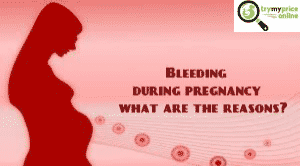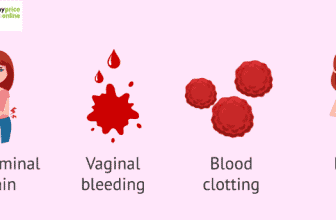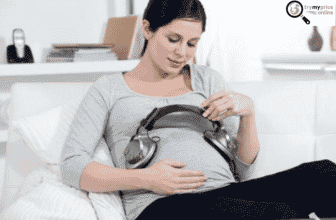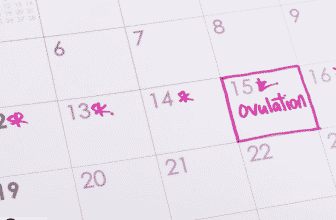
Bleeding during pregnancy, During pregnancy, vaginal bleeding and spotting are typical. During their pregnancy, one out of every four pregnant women (up to 25%) can experience some bleeding or spotting. Pregnancy bleeding and spotting aren’t necessarily indicative of a problem, but they can indicate a miscarriage or other significant issues. A miscarriage occurs when a baby dies in the uterus before the 20th week of pregnancy. Even if the bleeding during pregnancy stops, contact your health care practitioner. Your health professional needs to figure out what’s causing it, even if it’s nothing significant.
Related: Early pregnancy discharge in detail

faint line on first response pregnancy test
Bleeding during pregnancy
From conception until delivery, bleeding or spotting can occur at any time during pregnancy.
Light bleeding is known as spotting. When you have a few samples of blood on your underpants, this happens.
Blood spotting is so light that it wouldn’t even cover a pantyliner.
When your blood flow is heavy enough that you require a panty liner or pad to prevent the blood from ruining your underwear and clothes, you’re bleeding.
You can download a guide about bleeding during pregnancy from amazon
Related: Glucose test pregnancy and its importance
What should you do if you’re pregnant and bleeding?
Contact your doctor if you suffer any form of bleeding while pregnant and follow these steps:
Make note of your bleeding, whether it gets better or worse, and how many pads you’re using.
Examine the blood’s hue. Your healthcare provider could be curious. It comes in a variety of colors, including brown, black, and bright red.
When you’re bleeding, don’t use a tampon, douche, or have sex.
If you have: Call your healthcare provider straight away or go to the emergency department if you have:
- Heavily bled
- Painful or cramping bleeding
- Bleeding and dizziness
- abdominal or pelvic pain
Related: Protein creatinine ratio pregnancy calculator and its usage

different types of store pregnancy test
What causes early-pregnancy bleeding or spotting?
Spotting or bleeding is common early in pregnancy.In the first trimester, bleeding or spotting may not be an issue.
It can be brought on by:
Sexual activity Infection
Implantation. When a fertilized egg (embryo) adheres to the uterus’ (womb’s) lining and starts to grow.
Cervical alterations. The uterus, which sits at the top of the vagina, is opened by the cervix.
Amniocentesis and chorionic villus sampling are two examples of prenatal testing (CVS).
These are tests that determine whether or not your baby has any genetic issues.
Genetic abnormalities are alterations in a baby’s genes passed down from his or her parents.
A baby’s health may be affected by these genetic alterations.
Smoking-related problems If you smoke, it’s advisable to quit before or as soon as you find out you’re expecting.
Bleeding during pregnancy or spotting in the first trimester can indicate a major condition, such as:
Miscarriage. Before the miscarriage, almost all women experience bleeding or spotting.
Ectopic conception. This occurs when a fertilized egg leaves the uterus and begins to grow outside of it.
An ectopic pregnancy cannot give birth to a child. It can produce major, life-threatening complications for the pregnant lady.
Related: Pregnancy test calculator week by week
Bleeding during pregnancy

Finally, Your treatment will be determined by the source of your bleeding. Medical testing and examinations may be required. The most common treatment for spotting or bleeding during pregnancy is rest.
Related: B6 And Unisom during Pregnancy: Is It Safe?
References:







